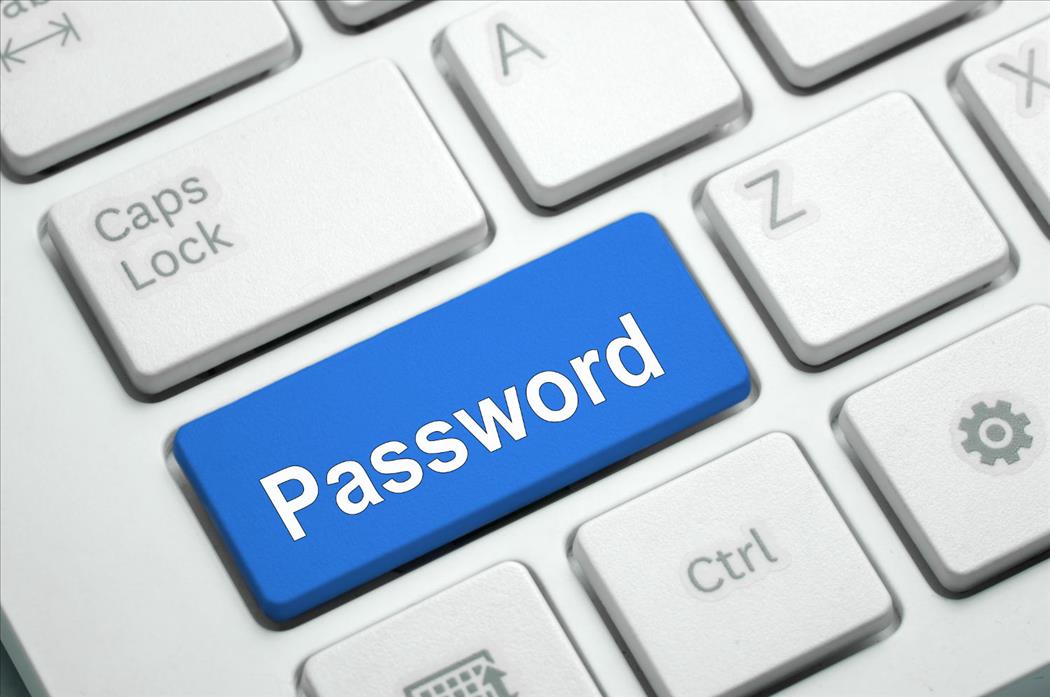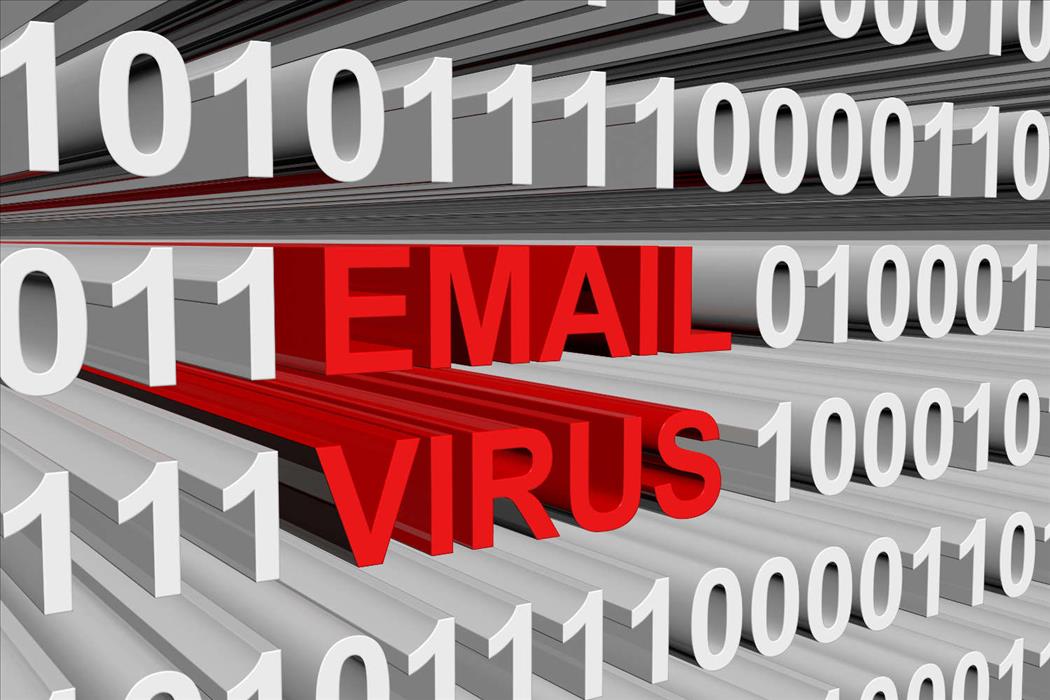
Passwords provide the first line of defense against unauthorized access to your computer. The stronger your password, the more protected your computer will be from hackers and malicious software. You should make sure you have strong passwords for all accounts on your computer. If you're using a corporate network, your network administrator might require you to use a strong password.
A strong password:
-Does not contain your user name, real name, or company name.
-Does not contain a complete word.
-Is significantly different from previous passwords.
Contains characters from each of the following four categories:
-Uppercase letters A, B, C
-Lowercase letters a, b, c
-Numbers 0, 1, 2, 3, 4, 5, 6, 7, 8, 9
-Symbols found on the keyboard (all keyboard characters not defined as letters or numerals) and spaces.
e.g.: ` ~ ! @ # $ % ^ & * ( ) _ - + = { } [ ] \ | : ; " ' < > , . ? /

-Install an antivirus program. Installing an antivirus program and keeping it up to date can help defend your computer against viruses. Antivirus programs scan for viruses trying to get into your email, operating system, or files. New viruses appear daily, so set your antivirus software to install updates automatically.
-Don't open email attachments unless you're expecting them. Many viruses are attached to email messages and will spread as soon as you open the email attachment. It's best not to open any attachment unless it's something you're expecting.
-Keep your computer updated. Microsoft releases security updates that can help protect your computer. Make sure that Windows receives these updates by turning on Windows automatic updating.
-Use a firewall. Windows Firewall (or any other firewall) can help alert you to suspicious activity if a virus or worm attempts to connect to your computer. It can also block viruses, worms, and hackers from attempting to download potentially harmful programs to your computer.
-Use your browser's privacy settings. Being aware of how websites might use your private information is important to help prevent fraud and identity theft. If you're using Internet Explorer, you can adjust your Privacy settings or restore the default settings whenever you want.
-Use a pop-up blocker with your browser. Pop-up windows are small browser windows that appear on top of the website you're viewing. Although most are created by advertisers, they can also contain malicious or unsafe code. A pop-up blocker can prevent some or all of these windows from appearing.
-Turn on User Account Control (UAC). When changes are going to be made to your computer that require administrator-level permission, UAC notifies you and gives you the opportunity to approve the change. UAC can help keep viruses from making unwanted changes.